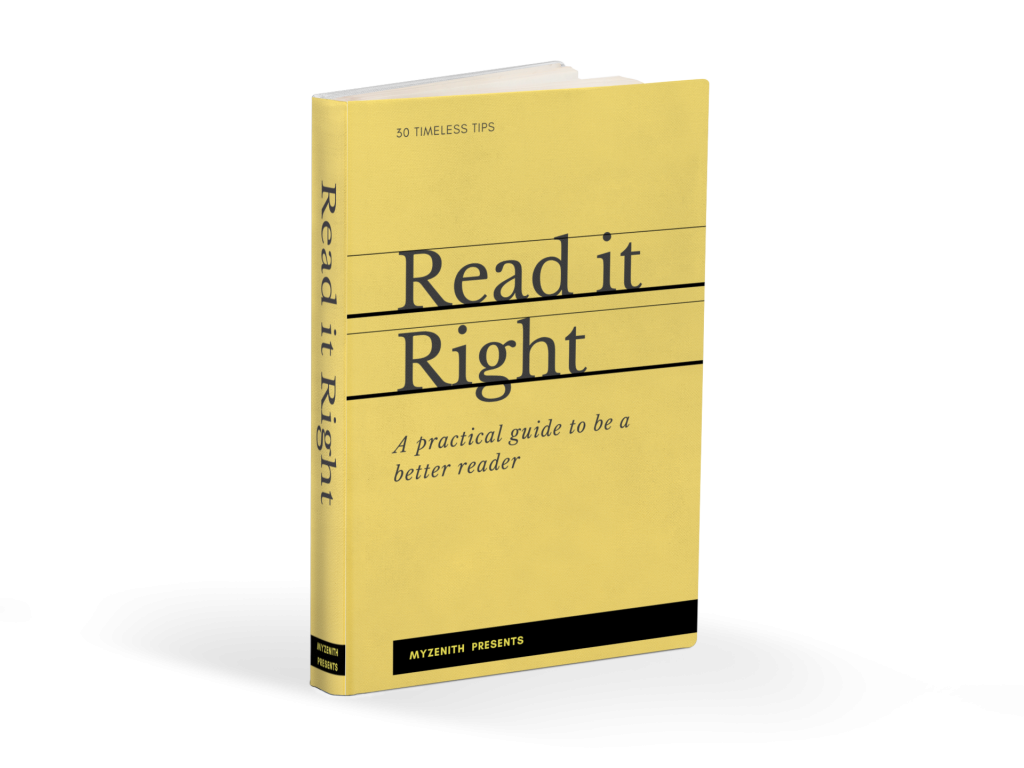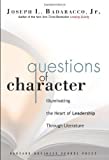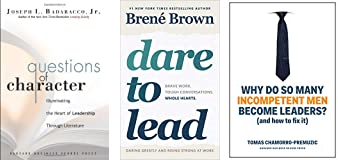Today a reader, tomorrow a leader.
Margaret Fuller
A good reason to read, if ever you need one
We are all leaders in our own right. Whether at work, in our family or community, or just being in charge of our own life – we are all expected to lead. How do we become better leaders? Who is a good leader? Is leadership innate or nurtured? We may have various and differing opinions on these questions, but what is harder to disagree is that leaders of all stripes have relied on books. Bill Gates reads about 50 books a year, Warren Buffet reads 5-6 hours a day, Elon Musk grew up reading two books a day. And it is not all about reading non-fiction or business books – Steve Jobs had an “inexhaustible interest” in William Blake, Sidney Harman called poets “the original systems thinkers,” quoting freely from Shakespeare and Tennyson…the list goes on and on.
So what is it about reading that makes good leaders? Smarts – that’s the obvious one. Reading improves intelligence, reading broadly across subject areas allows us to see unexpected patterns and connections – it improves innovation, insight and creativity. Of course, there are many ways to get smarter, but from an end-to-end Return-on-Minutes (ROM) perspective, reading is the clear winner in acquiring information and enhancing intelligence.
Equally important, but perhaps less appreciated, is the role of reading in developing ‘softer’ skills. Reading literature helps to improve our empathy, appreciate social cues better and ultimately be more compassionate leaders. Many management studies have linked higher emotional intelligence to organizational performance. Not to mention the positive impact of a regular reading habit on self-management – reading is meditative and works better than listening to music or going for a walk to reduce stress.
Fun Fact: Did you know that Winston Churchill won the Nobel prize in 1953 in Literature and not Peace?
You are what you read, choose wisely
Traditional books on leadership – the kind that you find on most management shelves – are prone to theory, and often wonderfully divorced from the reality of everyday challenges. It is incredibly hard to distil down leadership as a course or a secret sauce. Real leadership is forged through everyday experiences, real leaders are often born by living through the metaphorical fire of crises – small, big and disastrous.
So how do you instruct someone in the science and art of leadership? Joseph L. Badaracco, Professor of Business Ethics at Harvard Business School, has an interesting approach. In his book “Questions of Character” Badaracco uses protagonists from literature to examine well-rounded, complex pictures of leaders in all walks of life.
The lawyer who commits an undetectable crime in I Come as a Thief, a novel by Louis Auchincloss, is an excellent warning about the influence of success and the dangerous undercurrents that come with it. Chinua Achebe’s Things Fall Apart is a brilliant study on the need for adaptability in the face of change, something any leader in our times would appreciate. One of the thinnest lines a leader is often asked to walk is between principles and pragmatism – Antigone, the ancient Greek play by Sophocles finds its parallels in today’s leaders who are sometimes unable to master their own dogmatism.
Literature does not shine a happiness cannon on our world, it doesn’t give leaders the “seven-step program to success” or a burst of motivational bravado. Instead it chronicles struggles, choices and sometimes, failures. It shows how humans climb out of difficult situations and face the world around them, the world in all its beauty and gore. That’s what a real leader needs to learn, and for that – we recommend this book.
You can find more of our recommendations on leadership here.
Some tips and some tricks
The two main concerns we’ve heard since we started the Reading Retreat is – how do I make time for reading? How do I get more out of what I read? There are many tips and tricks for these two problems, and it often takes some trial and error to find the one that works for you specifically, but let me continue to share some that have worked for us:
- Choose one thing to give up – Warren Buffet has attributed his success to reading copiously and admitted to reading 600-1000 pages daily when he began his career as an investor. When asked how he does it, his answer was, “It is a top priority.” While many people would like to be well-read, most don’t allocate time or priority to the activity of reading. In the book, Rich Habits: The Daily Success Habits Of Wealthy Individuals Tom Corley studies the daily activities of 233 rich people and 128 poor people over 5 years. He found that 67 percent of rich people watch TV less than one hour a day. The intent here is not to say don’t watch TV, but I used the example because TV is the most commonly cited reason people don’t read. If you examine your own day, what is it that you are going to give up in your day-to-day routine to make room for reading? For me, it was scanning the news endlessly and playing computer games (especially games meant for 6-8 year-olds) – now with the lockdown, there was significant risk that these two unproductive activities would naturally take over the time freed up by lack of commute and social activities. It took some deliberate planning (and this reading retreat) to reroute that time to reading.
- Use multiple formats – I must admit, I am still experimenting with this. I often have an ebook version and a physical book version of the same book – it helps for some books, doesn’t work for some. I almost always have multiple versions of the ebooks I am reading in all my devices and I switch seamlessly between my phone, tablet and computer when I read (if you use Kindle app, it syncs automatically, joys of technology!). The one I use less, but might work well for you, is to use audio versions too. When I am cooking, driving or folding the laundry, I like to switch to an audio book. I am still figuring out how to do that seamlessly within a same book, but what works for now is that I have 3-4 books I am reading in parallel in any given period, and at least one of them is an audio book, which allows me to “read” in any context. Try it out, having a good read at hand always (and multiple formats make this possible) can make a real difference in how much you read.
- What is in it for me? – Previously, we talked about making each book your own. This time, I am going to ask you to go one step beyond. After reading (or while reading) a book, reflect deeply on what the book means for you. We call this concept Applied Reading – when the purpose of reading is not just for information or entertainment but for insights, decision or action. It is not always a linear step from reading to action, but the approach of applied reading recommends that after every book or article you read, you take a pause to translate its relevance to your own personal life or situation. In our household, there are eight scissors, each placed close to the location where they are used most. And we have expensive designated containers for the things which are most likely to be displaced or lost. Both of these were changes I put in place based on recommendations from The Organized Mind by Daniel Levitin, who applies cognitive psychology to everyday problems. This is just a small example, but I try and make sure there is at least one impact in my life from each book I read – whatever form it takes. So the next time you finish a book, ask yourself – what was in it for me?
We hope this inspires you to read and to lead, to take charge of your situation regardless of how out-of-control it feels like and to get more of your reading to help you be a leader, whether it be of an organization or your own life.

If you would like to get more tips to be a better reader, download our practical guide – Read It Right. Free for all subscribers!


